The cooling system is responsible for ensuring the engine maintains an optimal temperature for increased performance, fuel efficiency, and operation for extended periods of time without excessive wear and tear. However, the secondary function of the cooling system is often overlooked or misrepresented. The cooling system is vital to the successful operation of the air conditioner and heater in the vehicle.
The process by which the cooling system influences the AC and heating system relies upon the basic concept of heat transfers between the coolant and the desired temperature adjustment. While refrigerated air equipment plays a role in this process, the heater almost exclusively uses heat from the cooling system for producing warmth.
Heat Transfer for the Heater
Recall that the cooling system is responsible for dispersing heat buildup from the moving parts within the engine. When the heater is turned on, the ventilation system draws on the heat from the hot coolant, which is then circulated within the vehicle. If the coolant levels drop significantly, the heater will be incapable of producing “hot” heat, and the heater will appear to be malfunctioning.
When the heater does not produce heat appropriately, ensure that the coolant system is full. If the heater still fails to engage, make sure that the water pump is functioning properly. A malfunctioning water pump will result in failure to carry hot coolant to the heater core or the radiator.
Heat Transfer for the AC
If you take the model of heat transfer for the purpose of providing heat to the heater, you can reverse the logic to understand how the cooling system affects the AC. To cool air, excess heat must be removed from the air. This is done in the A/C evaporator by making the pressurized liquid Freon into a gas via the expansion valve. Once this process is complete the Freon is recirculated through the dryer and condenser, where it becomes a liquid, compressed, and sent back into the expansion valve. The evaporator shares the same “box” and fan as the heater core.
Repairs to the Water Pump or Cooling System
If the heater and AC both appear to be functioning properly and the heater or AC fails to operate as expected, you may need to replace the water pump, thermostat, or another component of the cooling system. However, the AC also depends upon proper levels of Freon to operate properly.
While you may not have received your Automotive Service Excellence training for vehicle heating and air conditioner repair, you may be able to solve some of the common AC and heater problems by fully evaluating and understanding the condition of the HVAC systems.
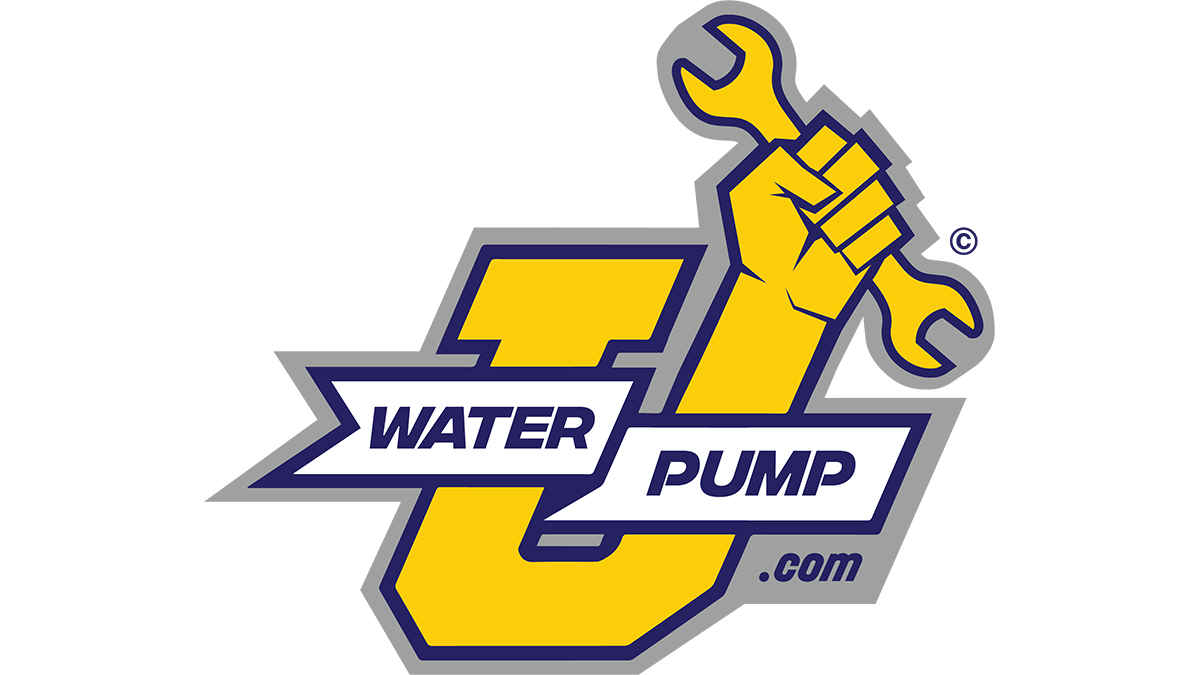
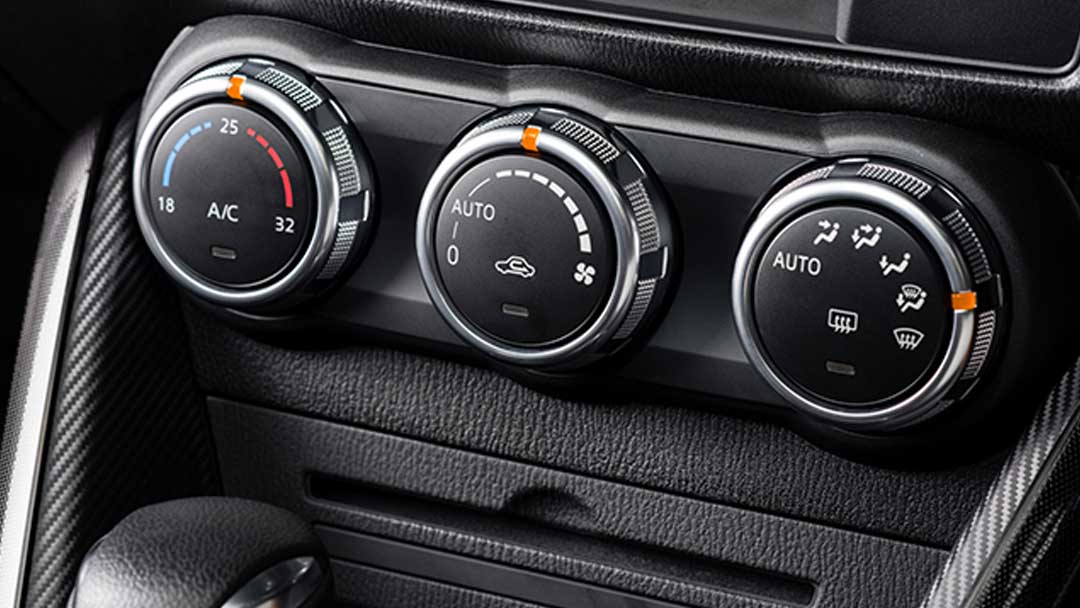
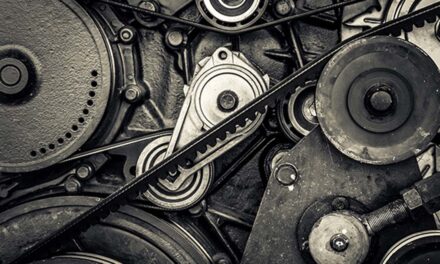
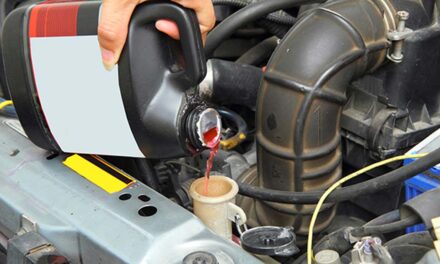
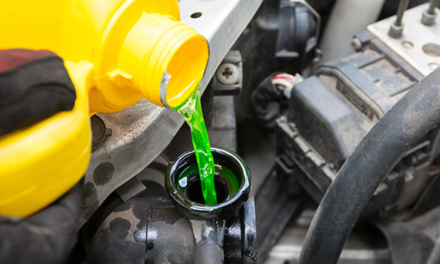
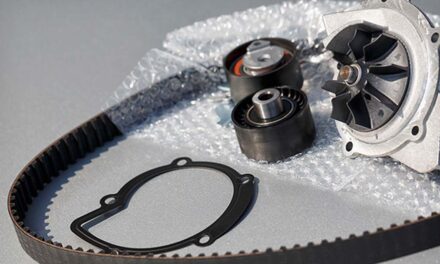
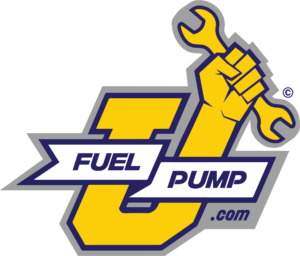


![[Vehicle Fitment-1]:Compatible with Chevrolet Avalanche 1500 2002-2006, Express 1500 2003-2006, Express 2500 2003-2006, Express 3500 2003-2006, Silverado 1500 1999-2006, Silverado 2500 1999-2004, Silverado 2500 HD 2001-2006, Silverado 3500 2001-2006,...](https://m.media-amazon.com/images/I/51trZsbFCCL._SL100_.jpg)